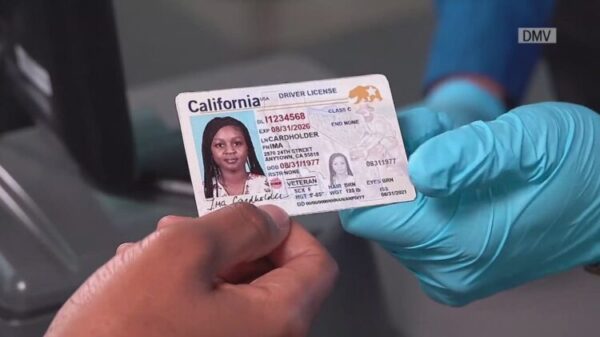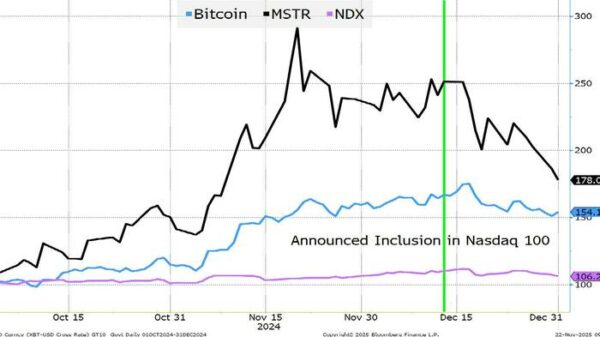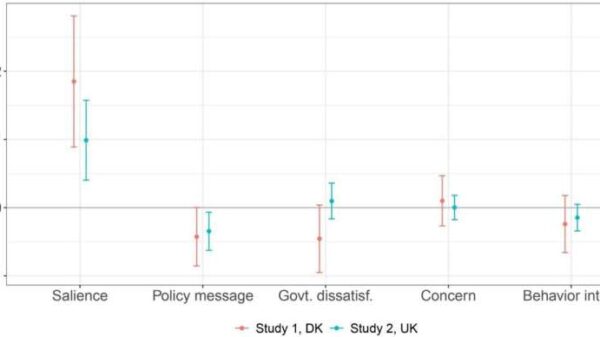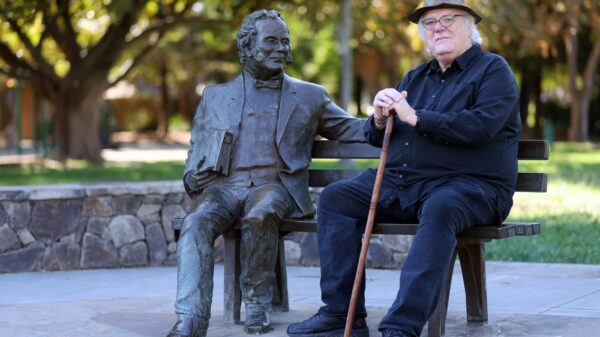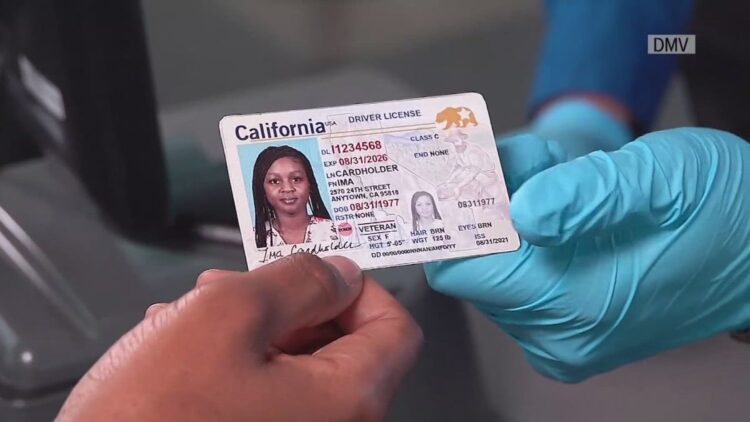California has announced the revocation of approximately 17,000 commercial driver’s licenses held by immigrants due to discrepancies in their residence permits. This decision follows a review that revealed the expiration dates of these licenses did not align with the legal periods of stay for the affected individuals in the United States. The announcement has sparked significant controversy, particularly in light of recent fatal accidents involving commercial vehicles.
The revocation is reportedly linked to a change in state law, which mandates that driver’s licenses must expire on or before the same date as the holder’s legal immigration status. The state government asserts that all work permits for the affected drivers were valid and issued by the federal government, and that the revocation adheres to guidelines set by the Department of Homeland Security (DHS).
Political Fallout and Federal Actions
This decision has drawn sharp criticism from Sean Duffy, the Secretary of Transportation, who has accused California Governor Gavin Newsom of allowing the issuance of licenses in violation of federal regulations. Duffy’s comments follow media coverage of a tragic incident in which a truck driver, identified as an immigrant, made an improper turn resulting in three deaths. He has since withheld $40 million in federal funding, claiming California has not complied with English language proficiency requirements for truck drivers. Duffy has also threatened to withhold an additional $160 million unless the state revokes the contested licenses.
In response, Newsom and his administration have denied Duffy’s allegations, with spokesperson Brandon Richards accusing him of disseminating misinformation. The California government maintains that the revocation process was fundamentally about compliance with state law, rather than a failure to adhere to regulations.
Changes to Immigrant Driver’s License Regulations
The revocation of these licenses comes amidst stricter regulations for immigrants seeking commercial driver’s licenses in California, which have been tightened significantly since September 2023. Currently, only individuals holding specific visa categories, such as H-2A, H-2B, or E-2 visas, are eligible to obtain these licenses, and they are only valid for a maximum of one year.
As the situation develops, California’s immigrant community is left grappling with the immediate impact of this decision. The state’s government continues to emphasize that it is acting within the law and following federal guidelines, while critics argue that the revocation process raises significant concerns about fairness and the treatment of immigrant drivers.
This ongoing dispute highlights the intersection of immigration policy and public safety, as well as the challenges faced by state governments in navigating federal regulations. As California works to address the implications of this policy change, the future of the affected drivers remains uncertain.







